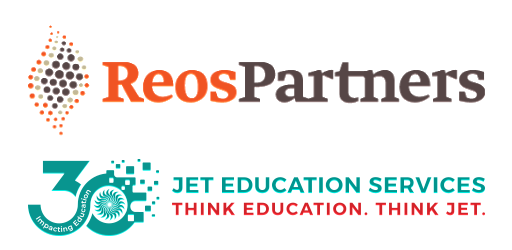Parent and caregiver involvement in education
The manuscript on parental involvement has been submitted to the HSRC. The date for the launch will be communicated on this page and JET's social media platforms.
When primary caregivers collaborate with the school, they have a greater potential to support children’s learning and development. Benefits include strengthened relations between the school and parents; positive parental attitudes towards teachers and the school; improved learner performance in adaptive and social skills; an improved school climate; increased parental satisfaction with the school; and overall school improvement.
The current reality, however, is that there can be a disconnect between parents, their child’s learning and development and the school. For parents from lower socio-economic backgrounds, they can feel that they are not adequately able to support their children with their learning activities, either because of their own low levels of literacy or lack of confidence. Other parents either do not know that they have a role to play in their children’s education or do not feel it is their responsibility. Some parents may connect too much, thus not allowing learner individuality and independence to become established. This might further manifest as a strain on teacher autonomy over learning at school. No doubt there are also parents who have struck a balance in their connective practices with regards to enhancing learners’ learning.
In this collaborative initiative between JET Education Services and Reos Partners, we are particularly interested in engaging with these observations and claims in greater depth. The initiative will seek to provide depth and critique to the observations and guide the debate in unique and novel directions. We are particularly keen on adopting a collaborative, systemic and experimental approach to the phenomenon and encourage like-minded people and organisations to reach out to us and participate in the various initiatives that will be announced on this page.


